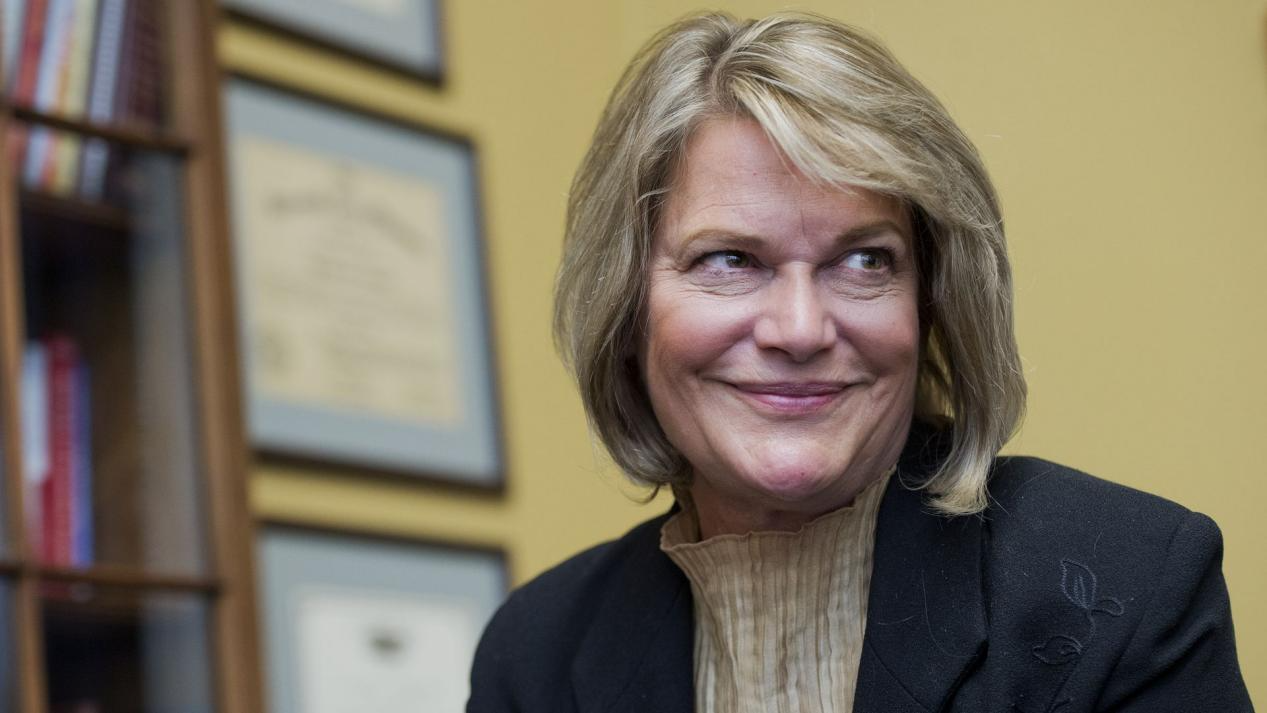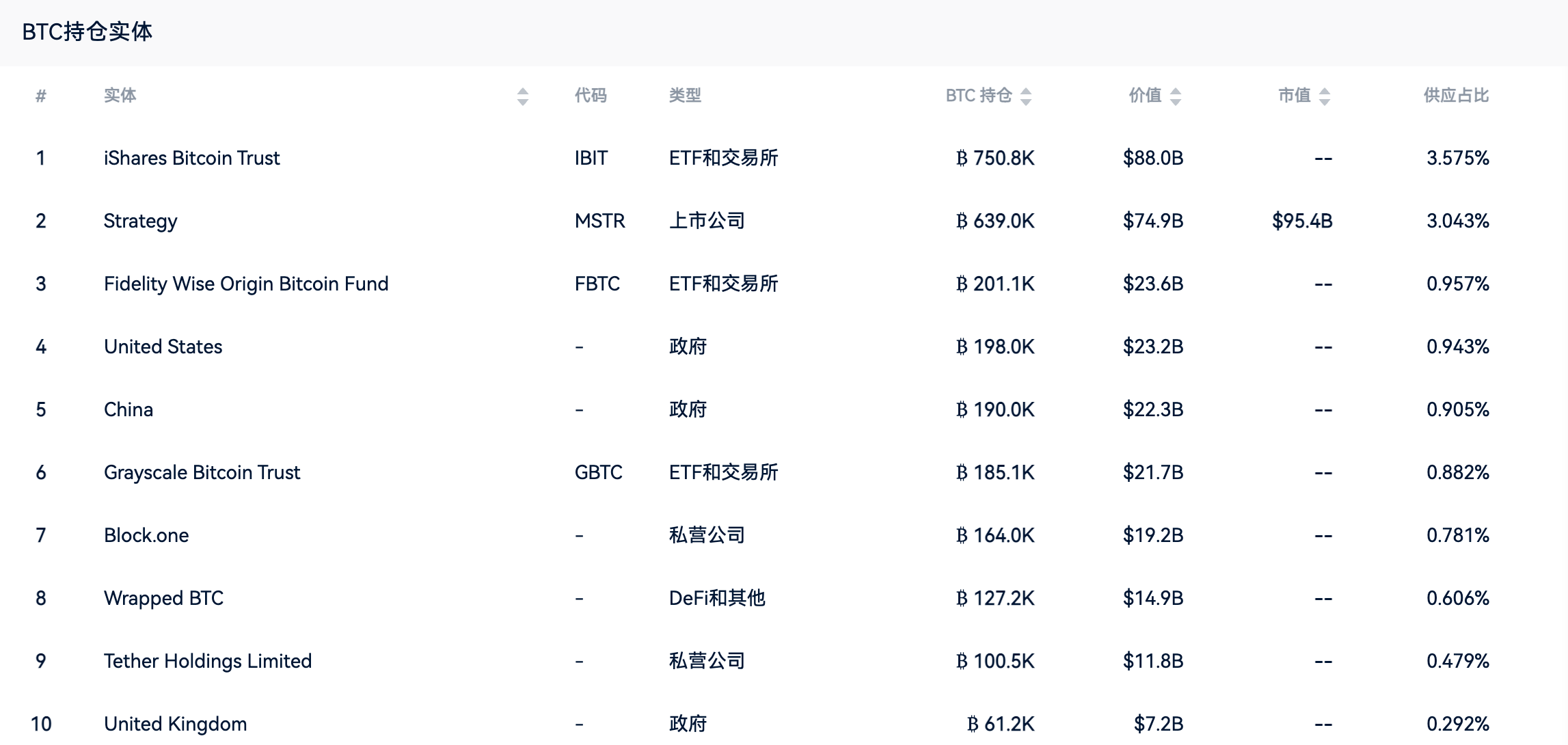On September 16, 2025, several leaders in the cryptocurrency industry held a roundtable discussion in Washington, D.C., hosted by members of Congress, to delve into this bill. Participants included 18 industry representatives, such as MicroStrategy co-founder Michael Saylor, who explored potential pathways to acquire one million bitcoins over five years without increasing the tax burden on taxpayers, and to use them as part of the U.S. strategic reserves.
Currently, the bill has been submitted to the relevant committees in both the House and Senate for review, but no hearings have been scheduled yet. This marks a shift in the U.S. regulatory focus on crypto assets from initially targeting single categories like stablecoins to a more systematic and strategic overall framework.

Market Impact: Restructuring Market Supply and Demand and Legitimacy
Official Endorsement and Legitimacy: If this bill is ultimately passed, it will be the first time the U.S. government officially recognizes bitcoin as a strategic reserve asset through legislation. This move will fundamentally change the market narrative surrounding bitcoin as a "bubble" or "scam," providing a strong national-level endorsement for its legitimate status as a store of value.
● Reshaping Market Supply and Demand: The proposal plans to gradually acquire one million bitcoins over five years, averaging about 200,000 bitcoins per year. Considering the daily new production of bitcoin (currently about 900 per day) continues to decrease under the halving mechanism, and a large number of bitcoins are locked up by long-term holders (HODLers), the U.S. government entering the market as the largest and most stable potential buyer will significantly boost market demand, potentially exerting long-term upward pressure on prices.
Strategic "Ballast": The emergence of a national-level, non-dumping bitcoin holder will provide an unprecedented stabilizing force for the market. It will not only reduce the circulating supply in the market but also lower the risk of panic sell-offs triggered by a single whale or institution. This is an extremely positive signal for long-term bitcoin holders.
As of the publication date, here is an overview of the top 10 entities holding BTC (Data as of September 18, 2025: Source: AiCoin)

Challenges and Prospects: The Legislative Path is Long and Difficult
Despite the promising outlook of the "Bitcoin Bill," its legislative path still faces multiple challenges.
First, high price volatility is the biggest obstacle. The high volatility of bitcoin fundamentally contradicts the stability sought by traditional reserve assets. How to manage this volatility and ensure that the reserve value does not significantly diminish is a key issue that legislators must address. For example, the Swiss National Bank previously rejected a similar bitcoin reserve proposal for the same reason.
Second, technology and security are challenges that cannot be ignored. Holding such a large quantity of bitcoin (worth hundreds of billions of dollars) requires extremely secure and reliable custody and storage solutions. Any technological flaw could lead to catastrophic losses, necessitating the government to establish an unprecedentedly high-standard security infrastructure.
Finally, the formation of political consensus will take time. Although the voices of cryptocurrency supporters in Congress are growing louder, skepticism remains within the Democratic Party, particularly from figures like Senator Sherrod Brown. They are concerned about its environmental impact, potential illegal uses, and market manipulation risks, all of which will be major obstacles to the bill's passage.

So, what do you think? Given the current challenges, will the proposal for the U.S. to establish a strategic bitcoin reserve pass? If the plan is ultimately implemented, how will it change the competitive landscape of the global cryptocurrency market?
免责声明:本文章仅代表作者个人观点,不代表本平台的立场和观点。本文章仅供信息分享,不构成对任何人的任何投资建议。用户与作者之间的任何争议,与本平台无关。如网页中刊载的文章或图片涉及侵权,请提供相关的权利证明和身份证明发送邮件到support@aicoin.com,本平台相关工作人员将会进行核查。




